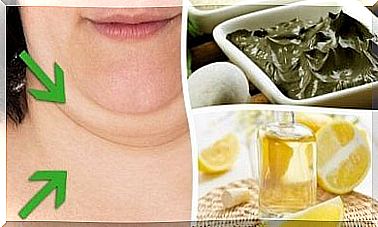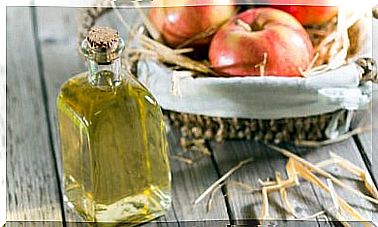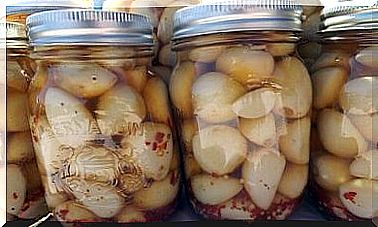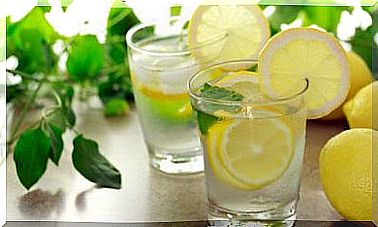Pomegranate A Natural Arterial Cleaner
Pomegranate juice can alleviate atherosclerosis in 25% of cases. This disease affects large arteries. Atherosclerosis affects smaller blood vessels.
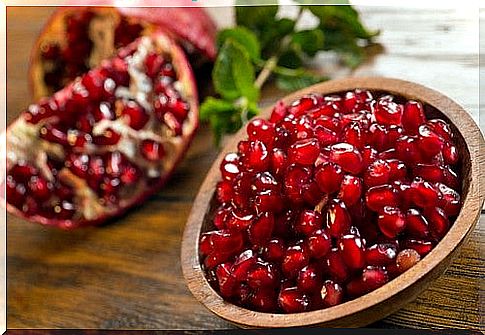
The pomegranate is a natural artery cleaner. It is a fruit that is high in antioxidants and rich in vitamins. That is why it has a wide variety of positive properties for our health.
Depending on the disease, the seeds, the flower or the shell are used. This delicious fruit is particularly suitable for preventing heart attacks. It contributes to the improvement of the blood flow to the heart muscle and to the reduction of vascular deposits.
Several studies have shown that the pomegranate has a particularly large number of therapeutic properties. This fruit is rich in vitamins C and B5 (pantothenic acid) and also contains natural phenols, potassium, vitamin A, vitamin E and folic acid.
The pomegranate is also characterized by a high proportion of antioxidants, which not only work against free radicals, but also prevent cell aging.
Anything from this fruit can be used: juice, seeds, peel, flowers, etc. In many cases, the juice is particularly recommended, as it offers all the health-promoting benefits.
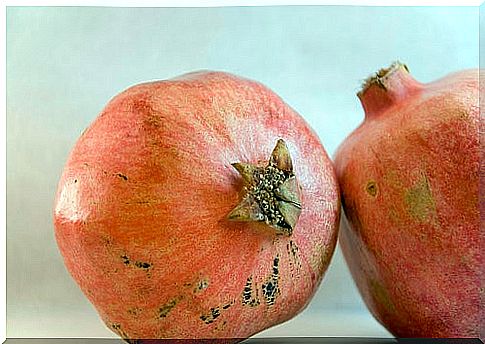
Pomegranate and arteries
A recent study has confirmed that using pomegranates combats the causes of sudden death from heart conditions (such as atherosclerosis).
Atherosclerosis is a progressive thickening of the heart arteries caused by fat deposits.
In addition, atherosclerosis can be caused by high blood pressure, oxidative stress and, above all, high cholesterol levels. Here, too, the ingredients of the pomegranate work extremely well.
In addition, taking pomegranate juice reduced the risk of arteriosclerosis in 25% of the subjects.
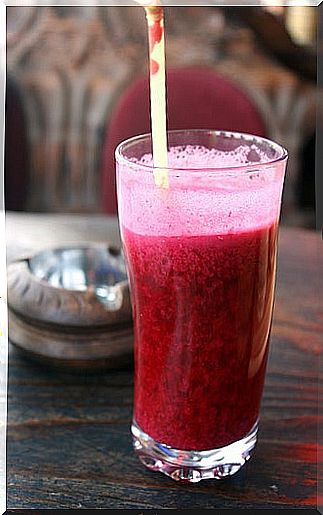
Other properties
- Inhibits cataract formation.
- Improves diabetes.
- Has an anti-inflammatory effect.
- Strengthens muscles and bones.
- Relieves stress.
- Helps lower the level of cholesterol (LDL cholesterol).
- Slightly lowers blood pressure.
- Prevents some forms of cancer, especially prostate cancer.
- Reduces fat deposits on the abdominal area.
- Acts against cartilage loss.
- Thanks to its astringent effect, this fruit helps against diarrhea, especially in the form of tea from the peel and tree bark. In the case of constipation, the juice should not be drunk.
- Removes intestinal parasites.
- Reduces dental plaque and has an antibacterial effect. In India, the white and bitter peel of the pomegranate is used to make toothpaste.
- Protects the skin against ultraviolet radiation (external use).
How is this fruit best consumed?
You can eat the pomegranate fresh, preferably for breakfast. For many, however, it is too time-consuming to remove the grains or seeds.
It is sufficient to halve the fruit and tap the peel with a spoon to remove the grains. The fruit can also be quartered to make it easier to remove the seeds.
This fruit is also ideal for making juice. You can also buy this in diet and health food stores. However, avoid the use of white sugar, both with self-squeezed and purchased juice.
Preferably use a little honey or stevia for sweetening. The juice may appear a little rough on the tongue. The reason for this are the tannins contained in the fruit, which give it the astringent effects.
More options
You can mix pomegranate juice with apple, orange, carrot or ginger juice, so you can use the various advantages of the other juices at the same time.
The peel extract has a remarkable antioxidant effect and is much more effective against cholesterol than the pulp.
The oil from the pomegranate seeds has deep effects on our body and is anti-inflammatory. You can also use this oil as a skin care product, as mentioned earlier it is a good antioxidant.
Thus you prevent skin aging and tighten and regenerate your skin. The oil also helps with skin irritation and itching.
The flowers of the pomegranate tree have an astringent effect and are used as a tea against diarrhea. Take 30 grams of pomegranate flowers per liter of boiling water and let them steep for 15 minutes.
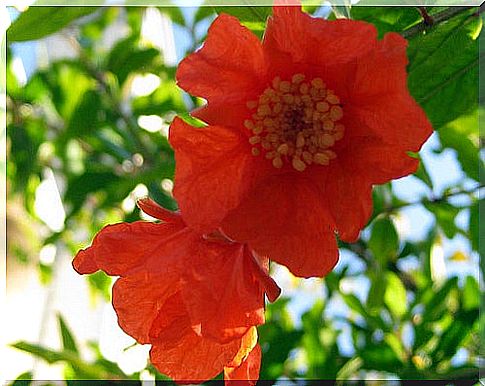
The tea made from the leaves also helps against anemia. Have three cups of tea a day for at least two months to get a positive effect.
However you want to use this fruit, we recommend that you take it over a period of at least three months in order to be able to evaluate the effect.
You should of course consult your doctor beforehand, as some foods can influence the effects of certain medications.




